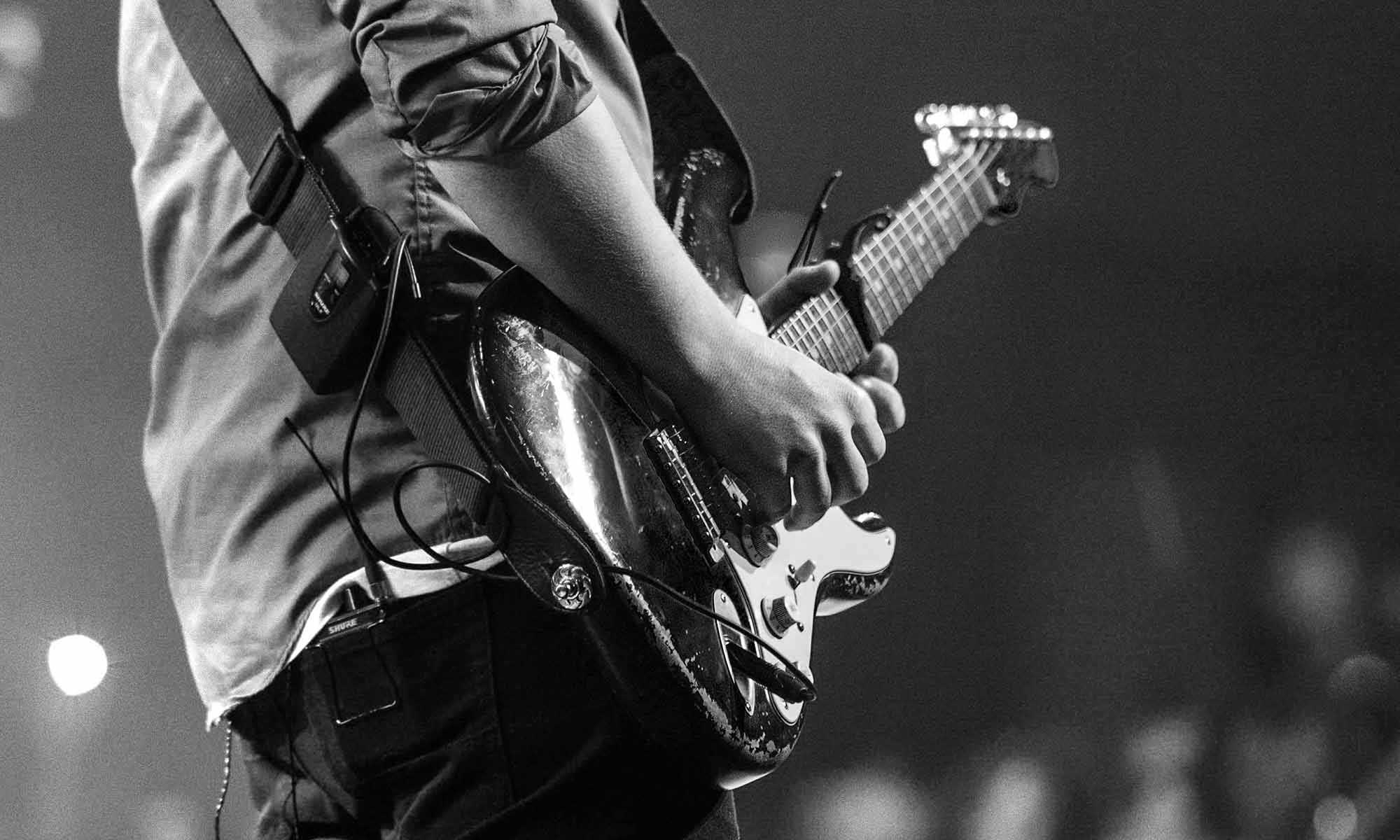Show & Events
…

This is how we do it:
- Minimum of two pro cameras + operators, 3 to 6 Camera angles are ideal.
- Sound recording from the sound desk or MTR (Multi Track Recording) if needed. (See optional extras.)
- After the shoot we spend about two days in post-production to make it extra nice.
- The end-product is rendered, transferred, uploaded or embedded for your convenience.
- You, the client get to have your say, as we include one free rework.
In case you need some optional extras:
- More pro cameras + operators for any event video production.
- Unmanned and/or rigged action cameras for covering unobtrusive angles.
- Live streaming over the internet or to another location.
- Multi Track Recording or MTR for live music events – like this one.
- Relay to big screens. Like music festivals with the big screens at the back.
Event video production encompasses a multitude of technical considerations that are essential for ensuring the success of live events. From pre-production planning to post-event wrap-up, meticulous attention to technical details is paramount to delivering a seamless and engaging experience for both on-site and remote audiences.
Firstly, thorough pre-production planning is crucial in event video production. This stage involves defining the technical requirements of the event, including camera setups, audio equipment, lighting arrangements, and streaming infrastructure. Careful consideration must be given to the venue’s acoustics, lighting conditions, and available power sources to determine the optimal setup for capturing high-quality video and audio. Additionally, coordination with venue staff and event organizers is necessary to ensure that technical requirements align with logistical constraints and scheduling considerations.
During the event video production itself, technical execution is paramount to delivering a polished and professional live stream. Camera operators must be proficient in framing shots, adjusting exposure settings, and capturing dynamic footage that enhances the viewer’s experience. Simultaneously, audio engineers must monitor sound levels, adjust microphone placements, and manage audio mixing to ensure clear and balanced audio throughout the event. Lighting technicians play a crucial role in creating visually appealing scenes, using a combination of natural and artificial light to enhance visibility and ambiance.
In addition to capturing live footage, event video production often involves real-time editing and graphics integration to enhance the viewer’s experience. Graphics operators must be adept at creating and displaying lower thirds, overlays, and on-screen graphics that provide context, information, and branding elements. Meanwhile, video switchers and directors orchestrate the live feed, seamlessly transitioning between camera angles, graphics, and pre-recorded content to maintain visual interest and narrative coherence.
Technical rehearsals are a vital component of event video production, allowing the production team to fine-tune equipment settings, test audiovisual cues, and troubleshoot potential issues before the live broadcast. During rehearsals, camera operators practice camera movements and framing, audio engineers adjust microphone levels and monitor sound quality, and lighting technicians refine lighting setups to achieve the desired look and feel. Additionally, technical rehearsals provide an opportunity to test streaming infrastructure, validate network connectivity, and address any latency or buffering issues that may arise during the live event.
Another critical aspect of event video production is ensuring robust backup and redundancy systems to mitigate the risk of technical failures or equipment malfunctions. Backup cameras, microphones, and lighting fixtures should be readily available in case of primary equipment failure, allowing the production team to seamlessly switch to alternative sources without disrupting the live broadcast. Similarly, redundant power supplies, internet connections, and streaming servers can help maintain continuity and reliability throughout the event.
Post-event activities in event video production involve archiving, editing, and distributing recorded footage for on-demand viewing or archival purposes. Video editors sift through hours of recorded footage, selecting the best shots, moments, and angles to create highlight reels, recap videos, or full-length recordings of the event. Additionally, audio engineers may perform post-production mixing and mastering to further enhance audio quality and clarity. Once edited, the final video content is distributed through various channels, including websites, social media platforms, and online streaming services, allowing audiences to access and enjoy the event long after it has concluded.
In conclusion, event video production requires meticulous attention to technical details at every stage of the production process. From pre-production planning and technical execution to rehearsals and post-event editing, each aspect of the production contributes to delivering a seamless and engaging live event experience. By considering the technical requirements of the event, coordinating with venue staff, and implementing robust backup systems, production teams can ensure the successful execution of live events that captivate and delight audiences around the world.










